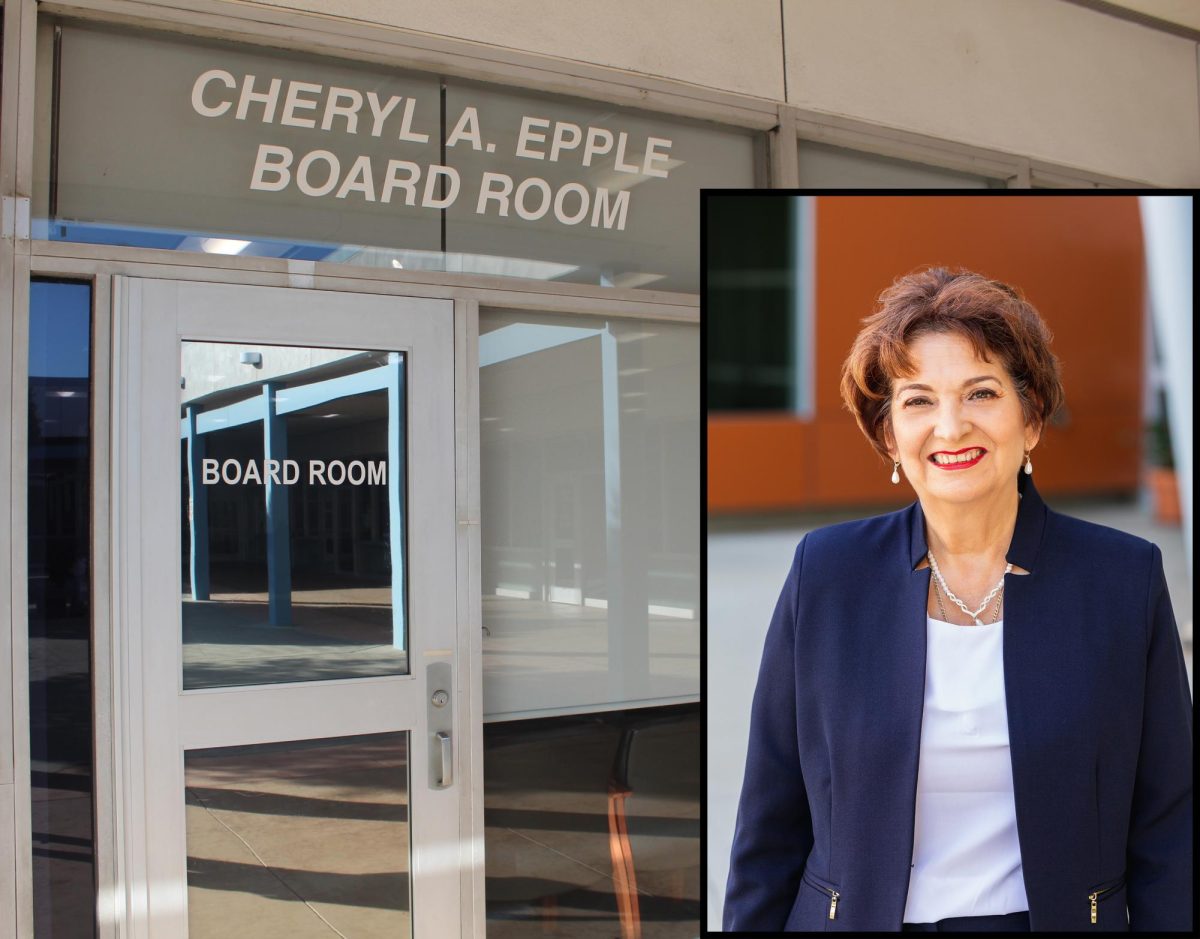Humanities Professor Julie Trager hosted a sexual harassment and Title IX training after she realized that students in her class and outside of it had almost no knowledge about the resources available to them in the case of sexual harassment or abuse.
The workshop which took place in Fine Arts room 43 at 2 p.m. to 4 p.m. featured Chief of Police Tom Gallivan, Associate Dean of Student Health Hillary Menella, Director of Diversity, Benefits & Compliance Barrett Morris and Attorney Michael Travis.
Each presenter gave information on what to do if harassment occurs, where to go and what constitutes sexual or abusive harassment in a learning environment.
“I felt that there was a need on this campus for students and faculty to understand the new regulations and also because through my women’s studies class that many of the students didn’t know where to go if there was an incident of sexual assault and the resources available to them,” Trager said.
According to Trager, the workshop fell through the cracks and she felt that there needed to be more promotion.
There are different types of harassment, according Morris, that fall into Title IX.
Title IX is a federal civil rights law that protects all individuals regardless of sex, gender or orientation from discrimination in education.
Two of these are “quid pro quo” and hostile work environment, these also encompass verbal or physical, gestures and bullying.
Quid pro quo harassment means submission to unwelcome sexual interactions or requests of a sexual nature that are made a condition for getting something out of it.
A hostile work environment is harassment that interferes with a person’s performance or creates a tense, intimidating work or intellectual environment.
Morris and Travis pointed out that because of the conditions of some cases, it may not be treated as a crime but can still be investigated under Title IX.
“It’s all case by case, so there’s not a specific way of dealing with these cases,” said Morris.
He added that under Title IX investigations are handled separately than a criminal investigation because not only can laws be violated but also school board policies.
Chief Gallivan said, “Students don’t have to worry if it’s a crime, even though something may not be a crime, we can point you in the right direction,”
He added that the presentation was outstanding and that he feels great that students are getting informed about serious safety issues.
Menella added that an incident of harassment or rape does not have to take place on campus in order to receive help from campus resources.
“We also have to think about cases were students maybe not be the victims of abuse but are witnessing it at home,” said Menella during the training.
She stressed the importance of having resources for students to cope with this kind of situation.
The training also went over the retaliation law, which prohibits any negative consequence coming to any party after a complaint or issue. Things like change in behavior toward an individual after making a complaint of harassment or change in grading or work scheduling.
“I thought it was very informative and I didn’t know we had some of those [resources] on campus,” said Amy Ruiz, nursing major who attended the training.
Student and faculty are encouraged to make formal complaints to the Human Resources department in case of harassment or any other issue.









